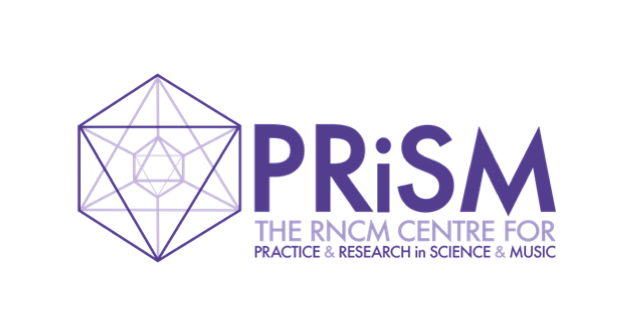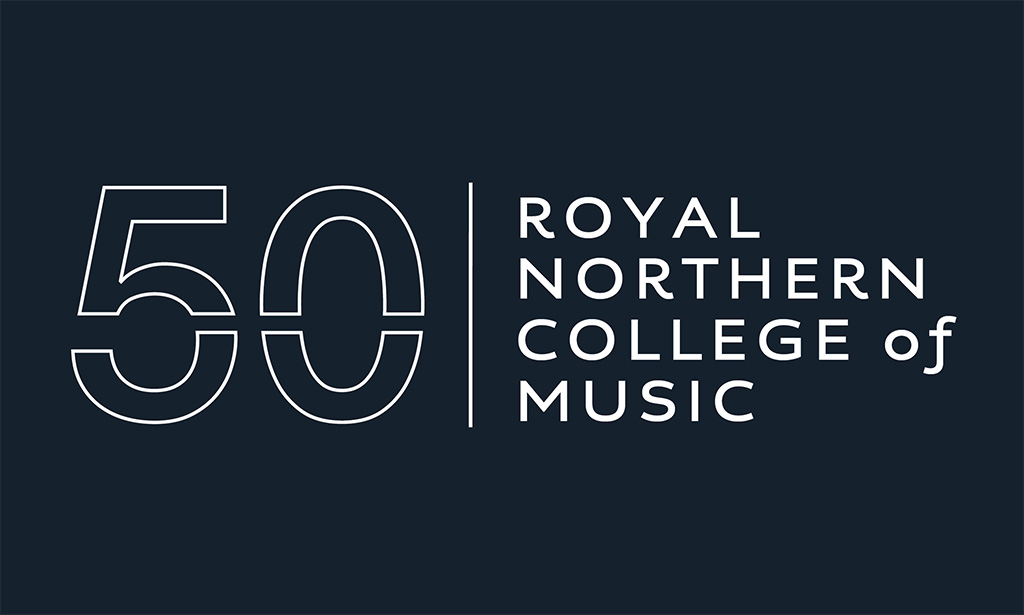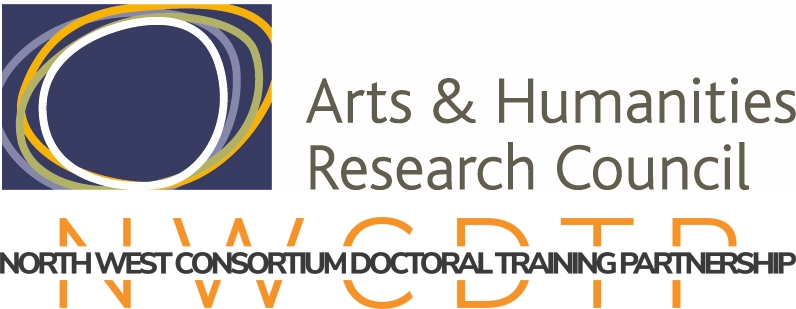Dr Robert Laidlow | ‘Silicon’ and New PRiSM Associate
PRiSM Associate Dr Robert Laidlow featured on BBC Radio 3, following successful world premiere of Silicon (2022) with BBC Philharmonic, and being awarded doctorate in composition in autumn 2022
24 April 2023
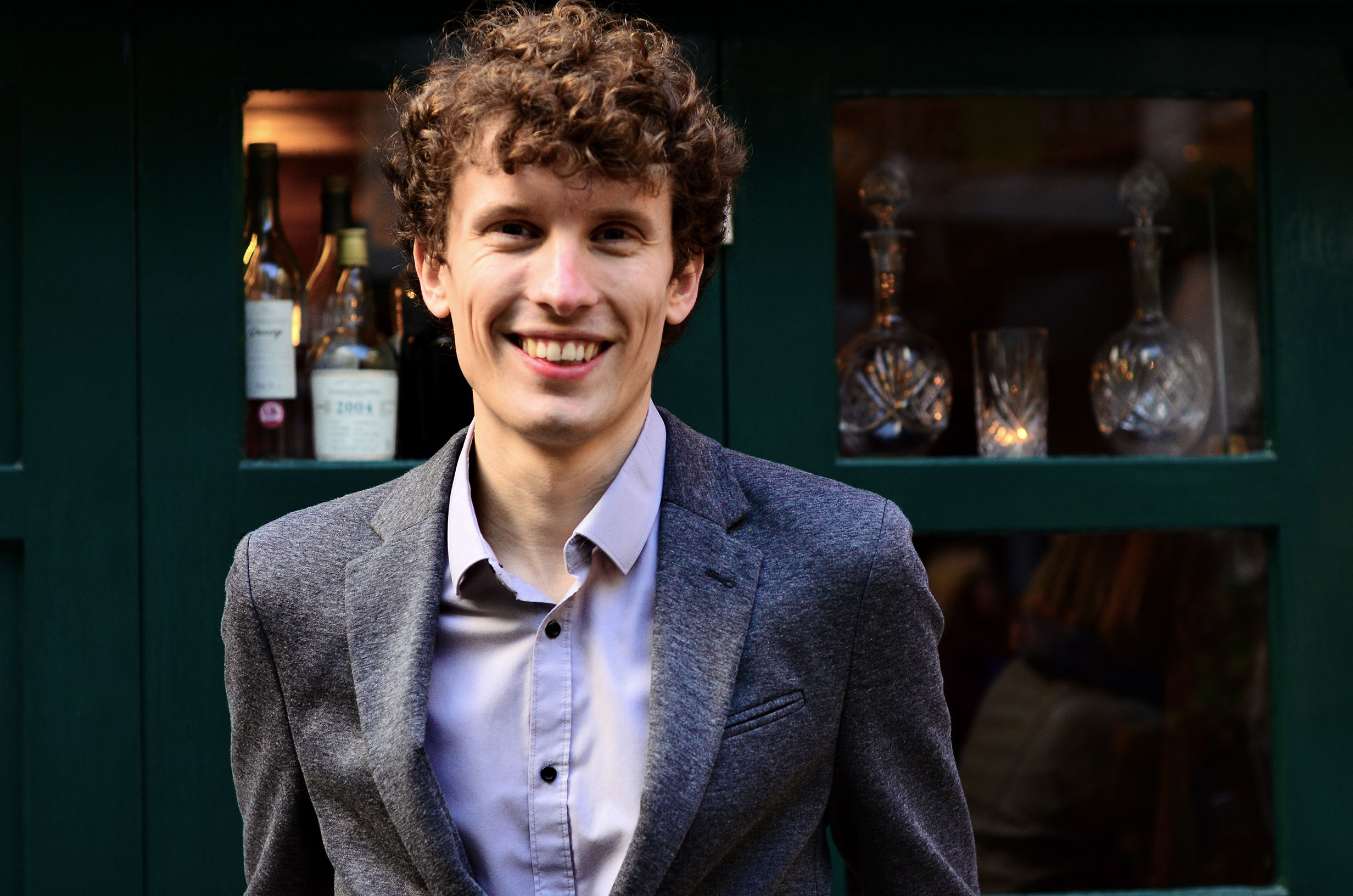 Silicon (2022) – a large scale orchestral work by composer & former RNCM PRiSM Doctoral Researcher Robert Laidlow – recently headlined the New Music Show on BBC Radio 3.
Silicon (2022) – a large scale orchestral work by composer & former RNCM PRiSM Doctoral Researcher Robert Laidlow – recently headlined the New Music Show on BBC Radio 3.
Presented by Kate Molleson, the broadcast featured the 45-minute piece in full, with BBC Philharmonic playing under the baton of conductor Vimbayi Kaziboni. The recording was made live from the work’s world premiere performance at the Bridgewater Hall, 29 October 2022, as part of the RNCM PRiSM Future Music #4 Festival.
Robert also recently appeared on BBC Radio 3 – Music Matters, together with presenter Tom Service & composer Emily Howard (Professor of Composition and Director RNCM PRiSM) to discuss all things music and artificial intelligence.
Robert was RNCM PRiSM’s first doctoral student in association with the BBC Philharmonic. His research was funded by the National Productivity Investment Fund as part of the AHRC North West Consortium Doctoral Training Partnership. During his research between 2018-2022, he played a crucial part in the development of PRiSM SampleRNN and had collaborated with external partners such as Open AI and the Google Magenta research team, resulting in a series of AI-assisted musical work that has got broadcast on BBC Radio 3 on numerous occasions.
Robert was awarded a PhD in Composition in November 2022. He remains a RNCM PRiSM Associate since, and is currently a Career Development Fellow in Composition at Jesus College, University of Oxford.
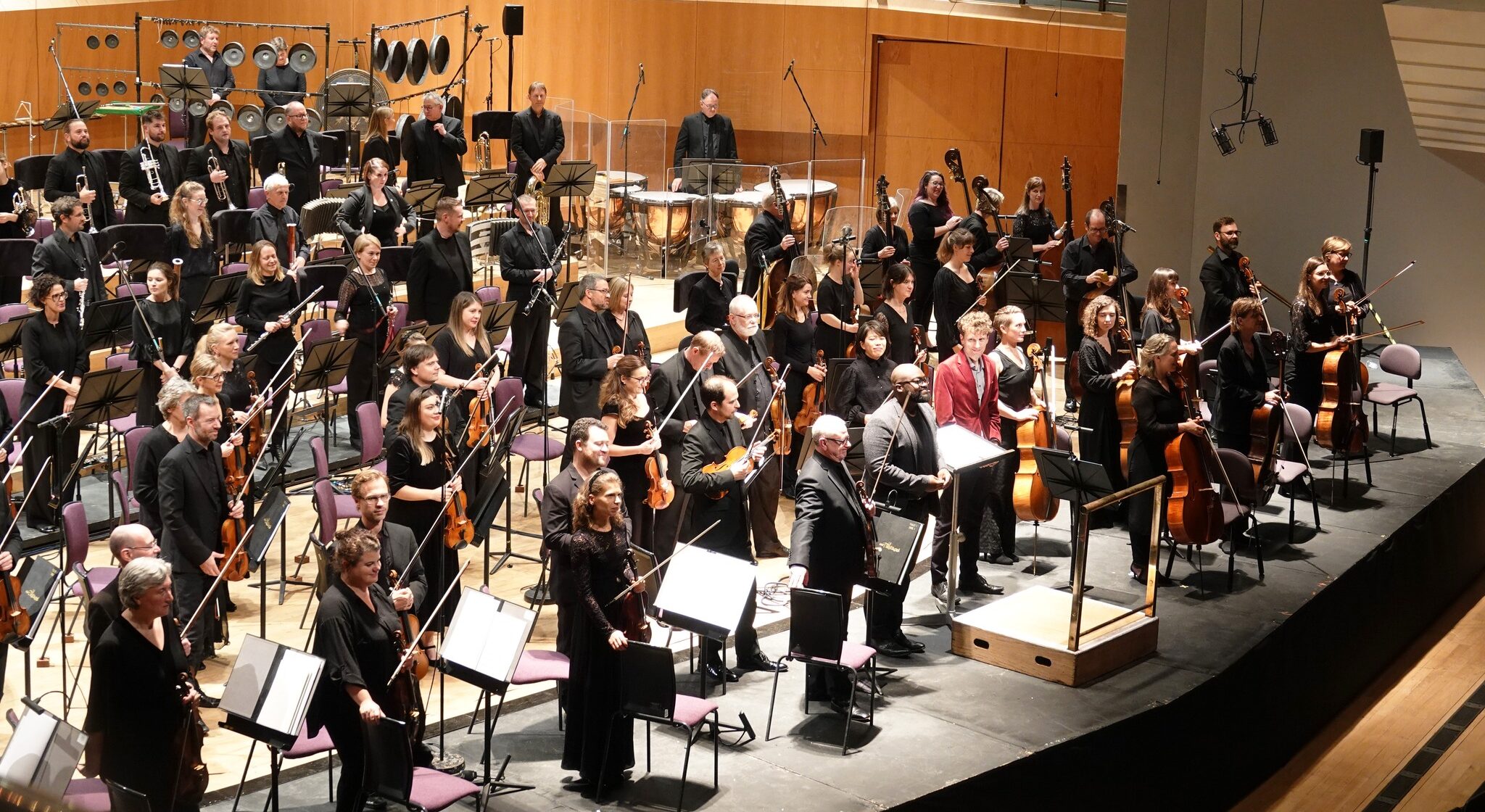
Robert tells us:
“From 2018-2022 I had the great pleasure and privilege of being the PRiSM Doctoral Researcher in AI and Composition in Association with the BBC Philharmonic – who acted as my partner for this Collaborative Doctoral Award. In autumn 2022 I was awarded my doctorate, examined by Professor George E. Lewis, and worked with the BBC Philharmonic on the world premiere of the major piece of work that resulted from my PhD, a 40 minute work for orchestra and artificial intelligence titled Silicon.”
“I feel I could not have been more supported throughout this period by the BBC Philharmonic and RNCM PRiSM. Like all music, my compositions do not appear from a vacuum, and I benefited enormously from the expertise and generosity of my supervisors Emily Howard, David de Roure, Marcus du Sautoy, and Simon Webb, in addition to PRiSM software engineer Christopher Melen, individual members of the orchestra such as Paul Patrick who were kind enough to workshop musical ideas with me that emerged from my research, and my PhD funder the NWCDTP who consistently believed in my research.”
“Several of these years fell during the pandemic, which were difficult enough for everyone, including for those with plans to stage orchestral music. I am unendingly grateful to everybody involved in my research for consistently keeping it as a priority, even during periods where we could not imagine 80 people in a room happening again.”
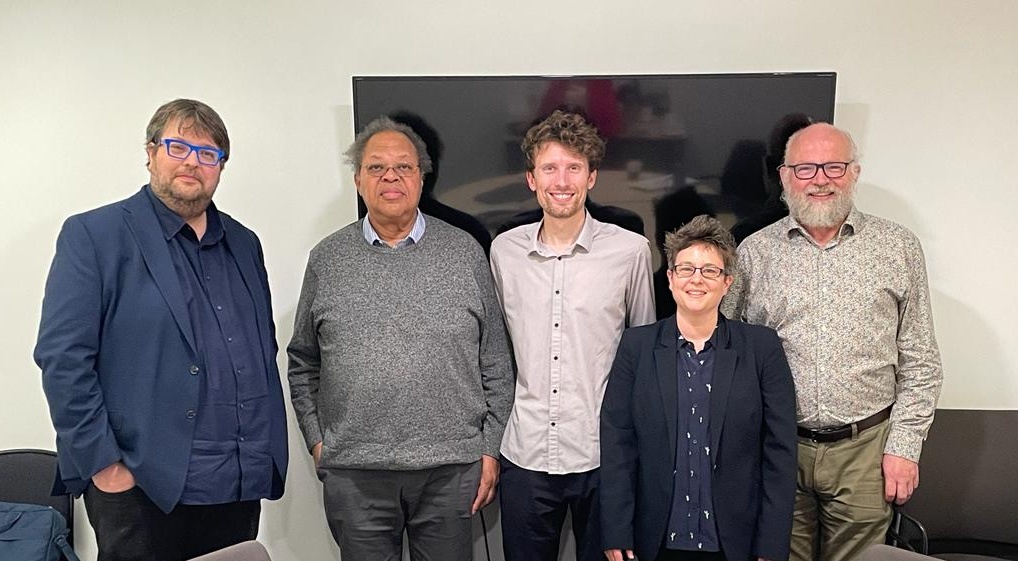
Dr Laidlow with (from left to right) PhD examiners Dr Larry Goves & Professor George Lewis, and supervisors Professor Emily Howard & Professor David De Roure
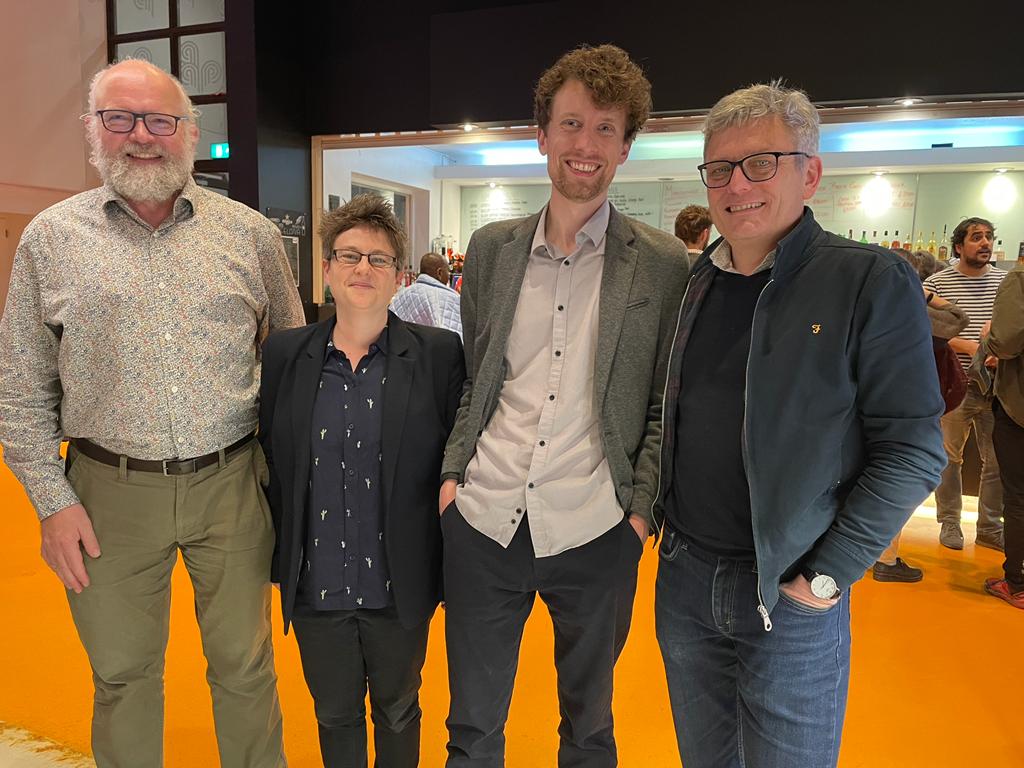
Dr Laidlow with supervisors David De Roure, Emily Howard, and Simon Webb
“PRiSM and my CDA partner the BBC Philharmonic fostered an environment in which I felt encouraged to experiment with what an orchestral piece might be in the age of artificial intelligence. This license to experiment, to fail, and to spend time pushing as far as the research will take you, is for me the greatest strength of a Collaborative Doctoral Award. Silicon has already attracted interest from the press, being featured in the New Scientist, PRS M Magazine, Bachtrack, and Musical Opinion, and from other researchers in this field, as well as audiences.”
“In October 2022, I took up a role as Career Development Fellow in Composition at Jesus College, Oxford. I’m delighted to be continuing my research there, and to continue to work with PRiSM as an Associate.There are many unanswered questions discovered during the process of my PhD that I am looking forward to working on in the next few years.”
